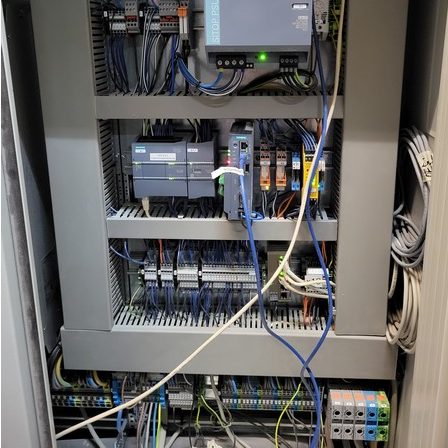MVP | Minimum Viable Product
MVP (Minimum Viable Product) is a product development approach that focuses on providing the core functionality of a product with the minimum features and resources necessary to gather valuable feedback from early adopters. The goal of an MVP is to validate the product concept and gather insights from real users as quickly and efficiently as possible to improve the product and make informed decisions about its future development.
MVPs are often used in the early stages of product development when there is a high degree of uncertainty about the market viability and potential of the product. By releasing a minimal version of the product to a small group of users, companies can test their assumptions about the product’s value proposition and gather data on how well it performs in the real world. This helps them identify and prioritize the features that are most important to users, as well as identify and troubleshoot problems and difficulties with the product.
Some related technologies and tools commonly used in MVP development are:
Prototyping tools: These tools enable companies to quickly create functional prototypes of their product that can be used to test and validate product design and functionality. Examples include InVision, Figma, and Adobe XD.
Project management tools: These tools help teams track the progress of their product development and coordinate work between different departments and team members. Examples include Asana, Trello, and Jira.
User testing tools: These tools allow companies to gather feedback from users and identify areas of improvement for their product. Examples include UserTesting, Lookback, and UserInterviews.
Overall, MVPs are a valuable approach for companies looking to validate their product ideas and gather valuable insights from real users early in the development process.
BITS experts have used MVP in a variety of projects. A selection of case studies and references can be found below.
“We are happy to support you with your digital challenges and look forward to hearing from you without obligation.”
Marc Schallehn, Managing Director BITS GmbH

Gerne unterstützen wir Sie bei Ihren IT Projekten. Ich freue mich über Ihre Kontaktaufnahme.
Selection of case studies and references
Advice on IT strategy
Advice on IT strategy Flexible, innovative and sustainable - IT strategy consulting from BITS In today's rapidly evolving digital world, a solid IT strategy is essential to remain competitive in the long term. [...]
Connection of production machines of a medium-sized manufacturer to the Industry 4.0 OEE solution of BITS for monitoring and optimization of production
In this Industry 4.0 project, BITS' task was to monitor and control production machines with the help of an OEE solution in order to optimize quality, capacity utilization and costs.



